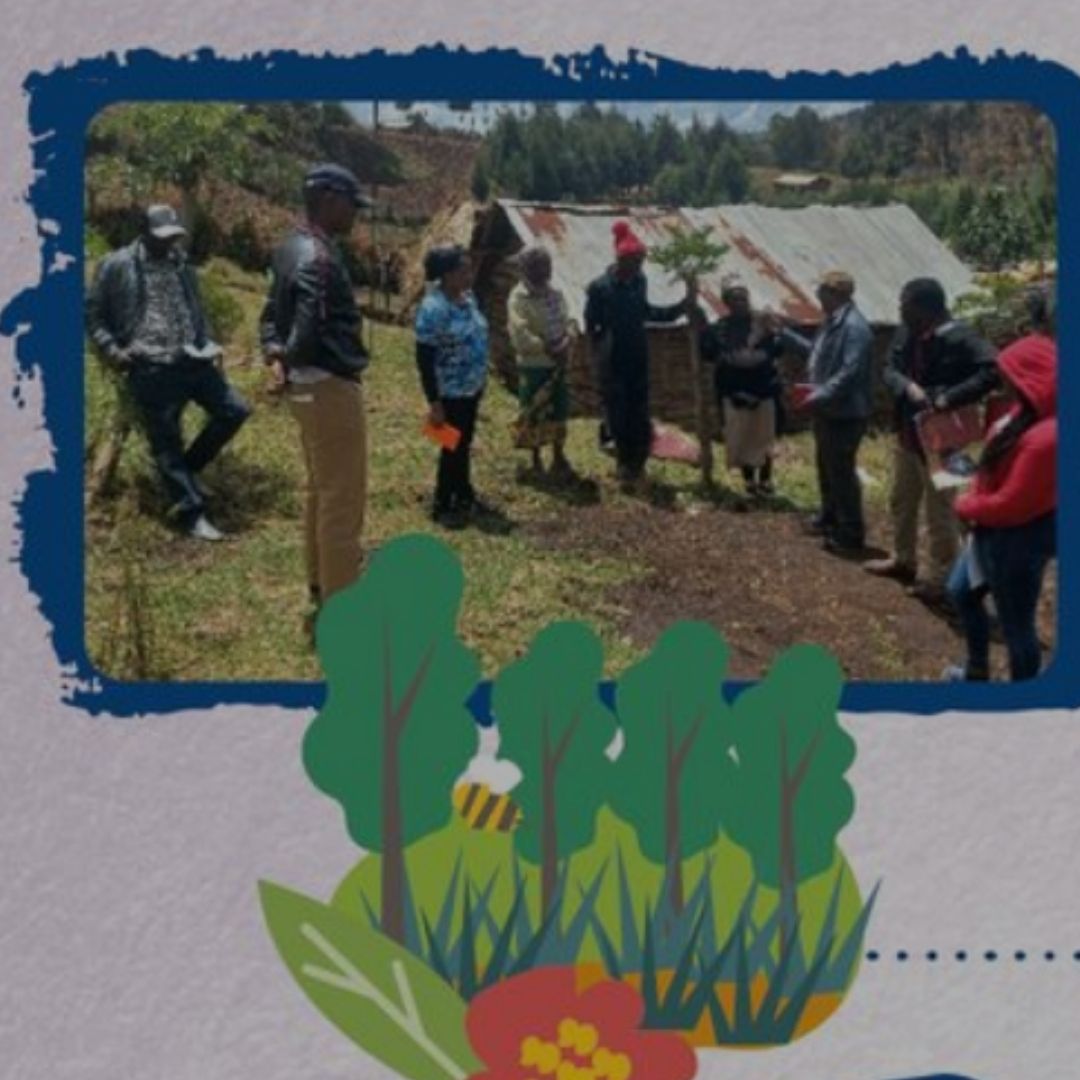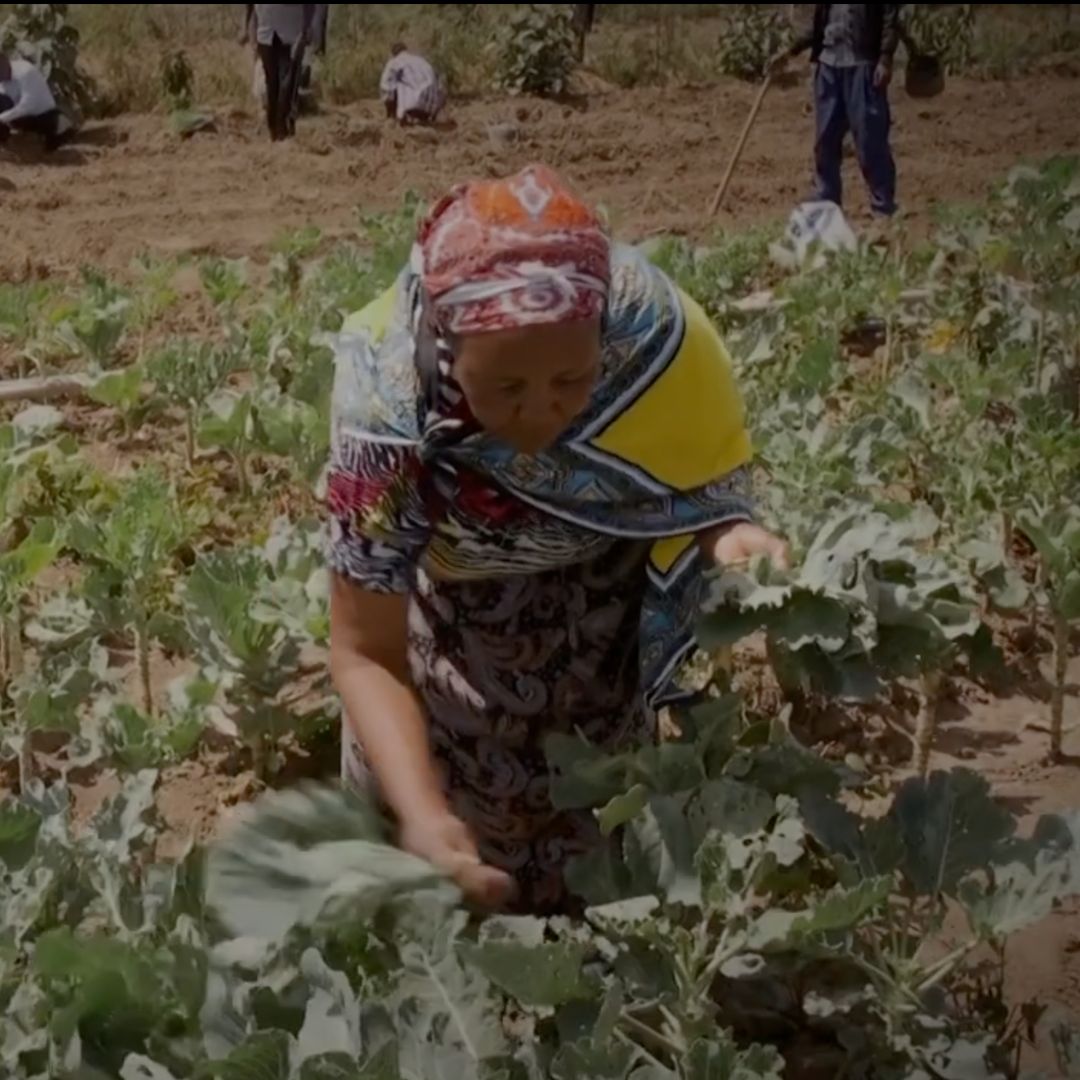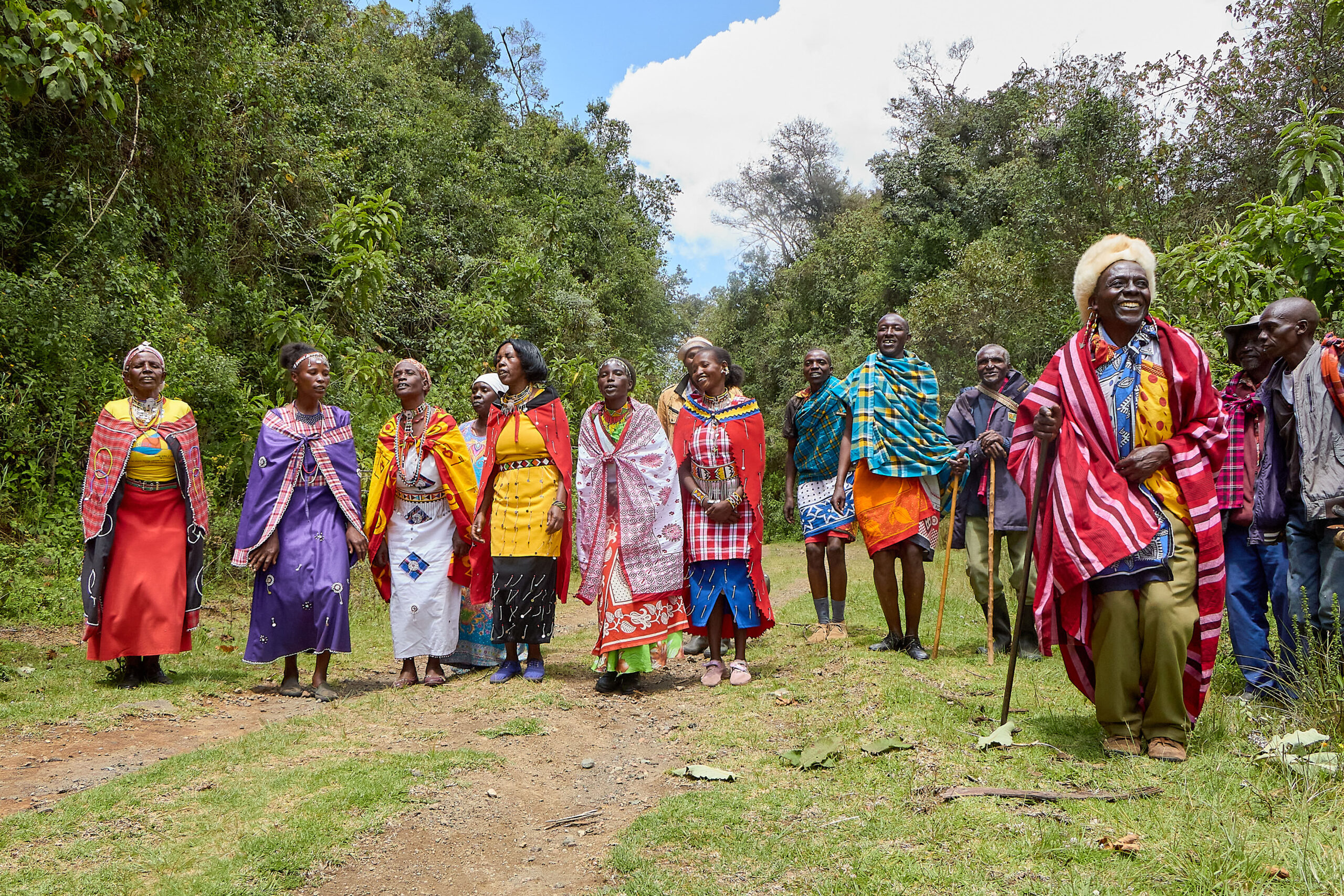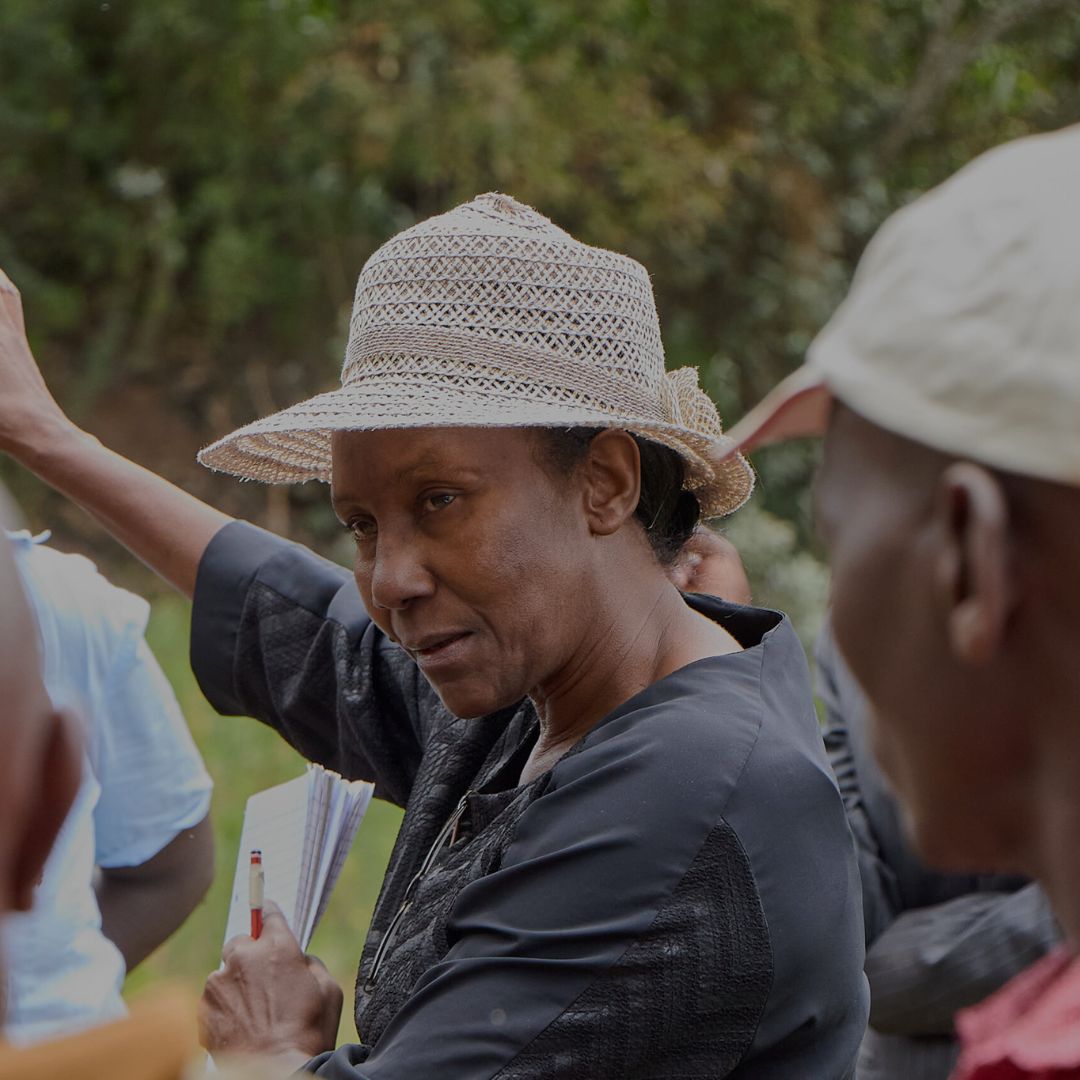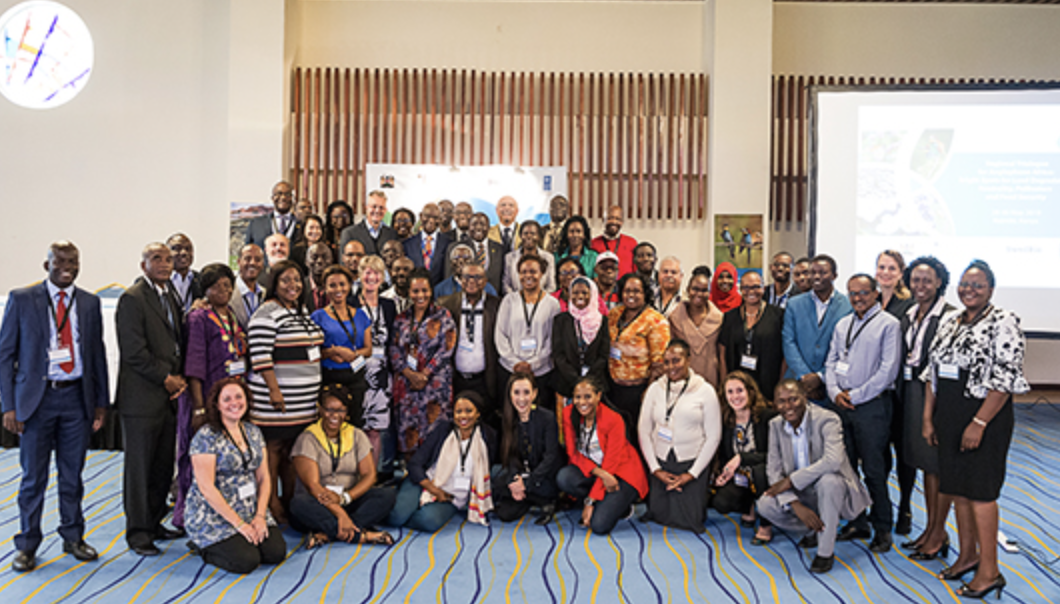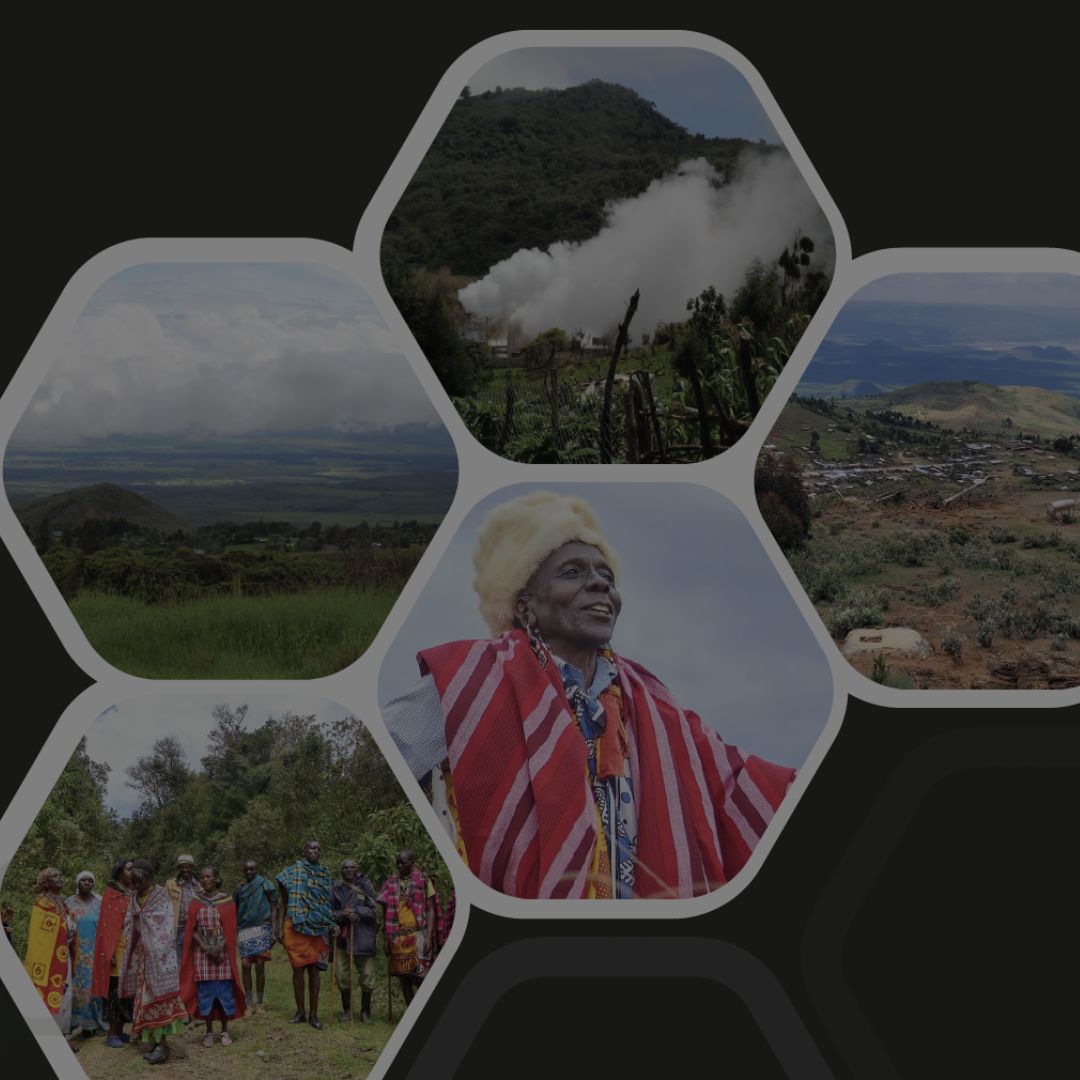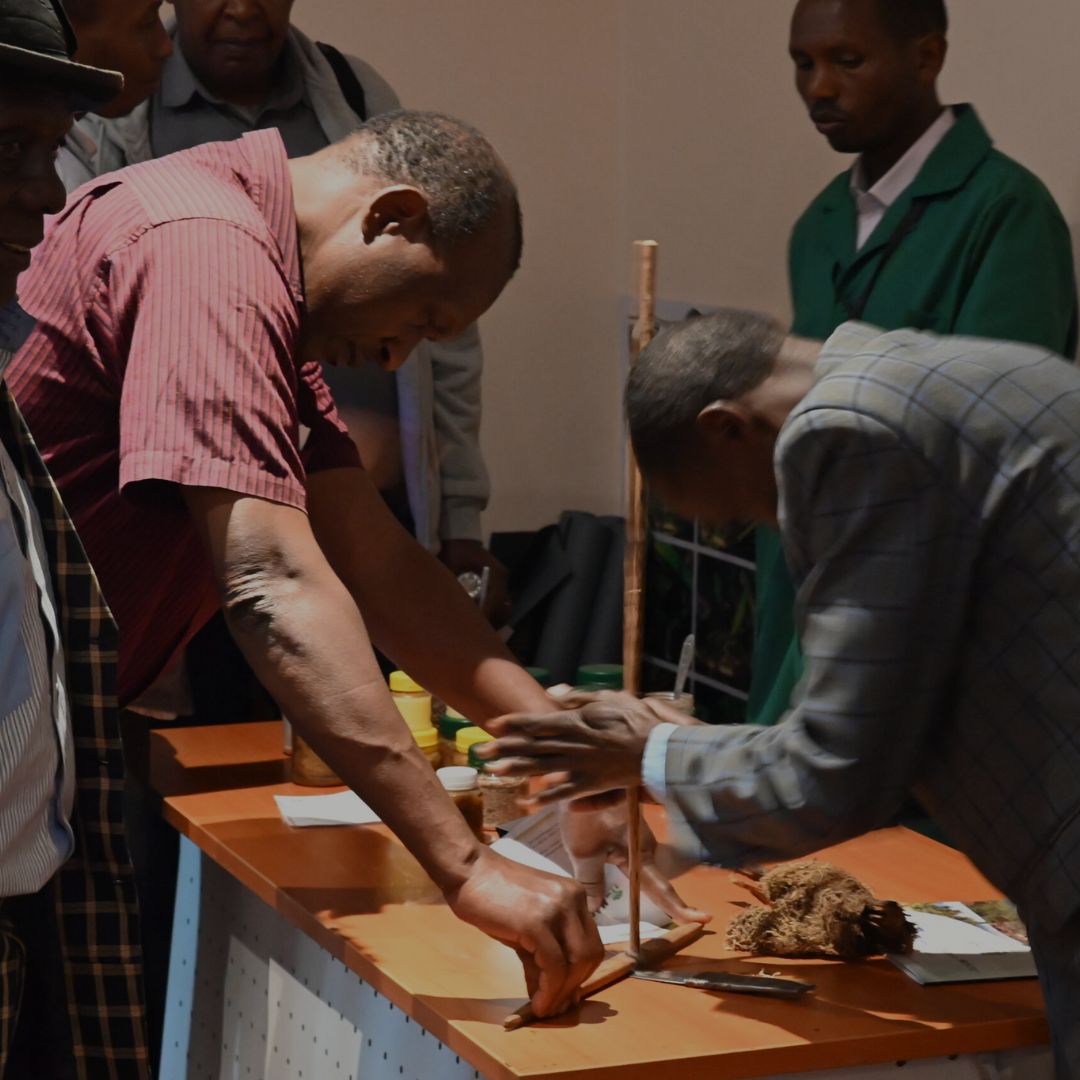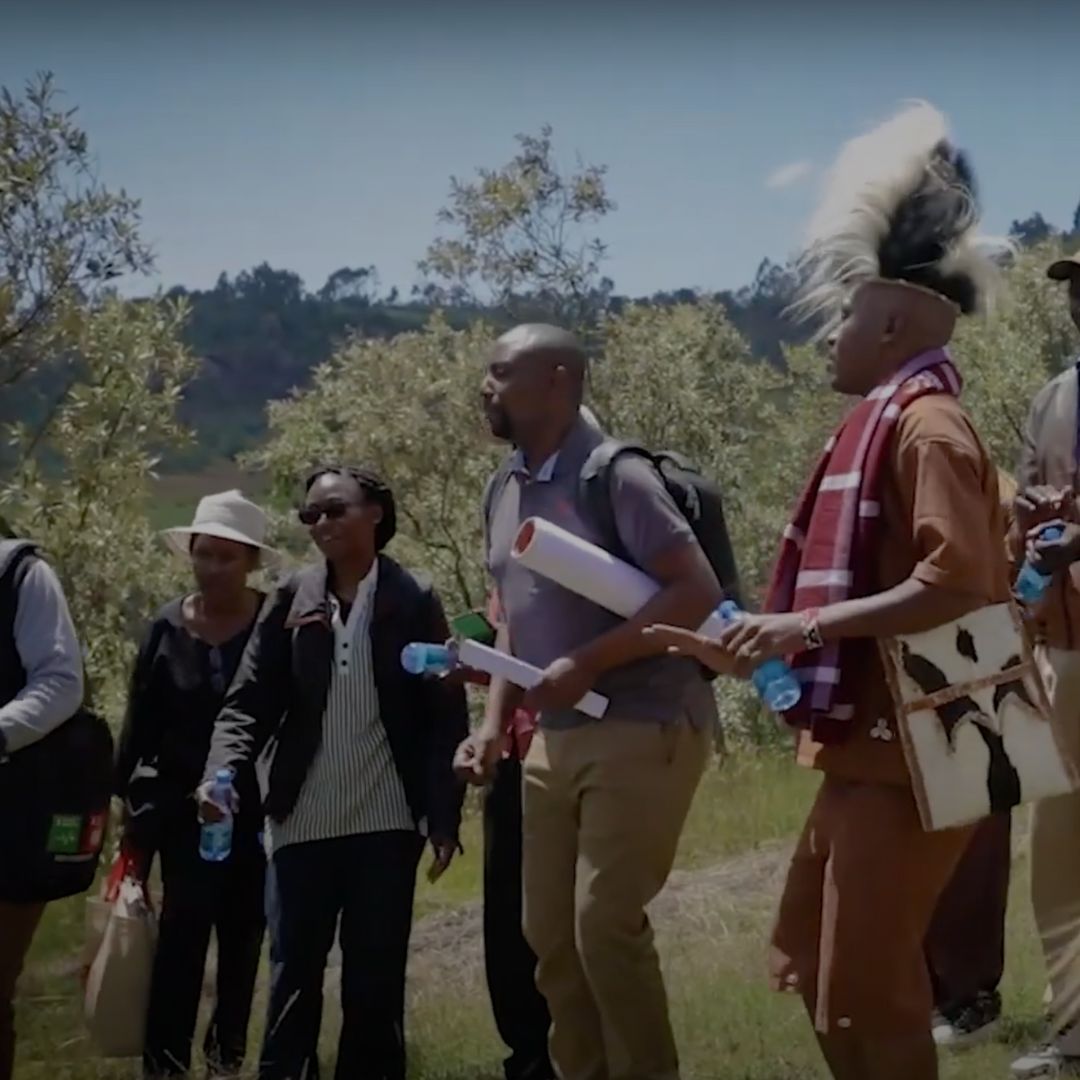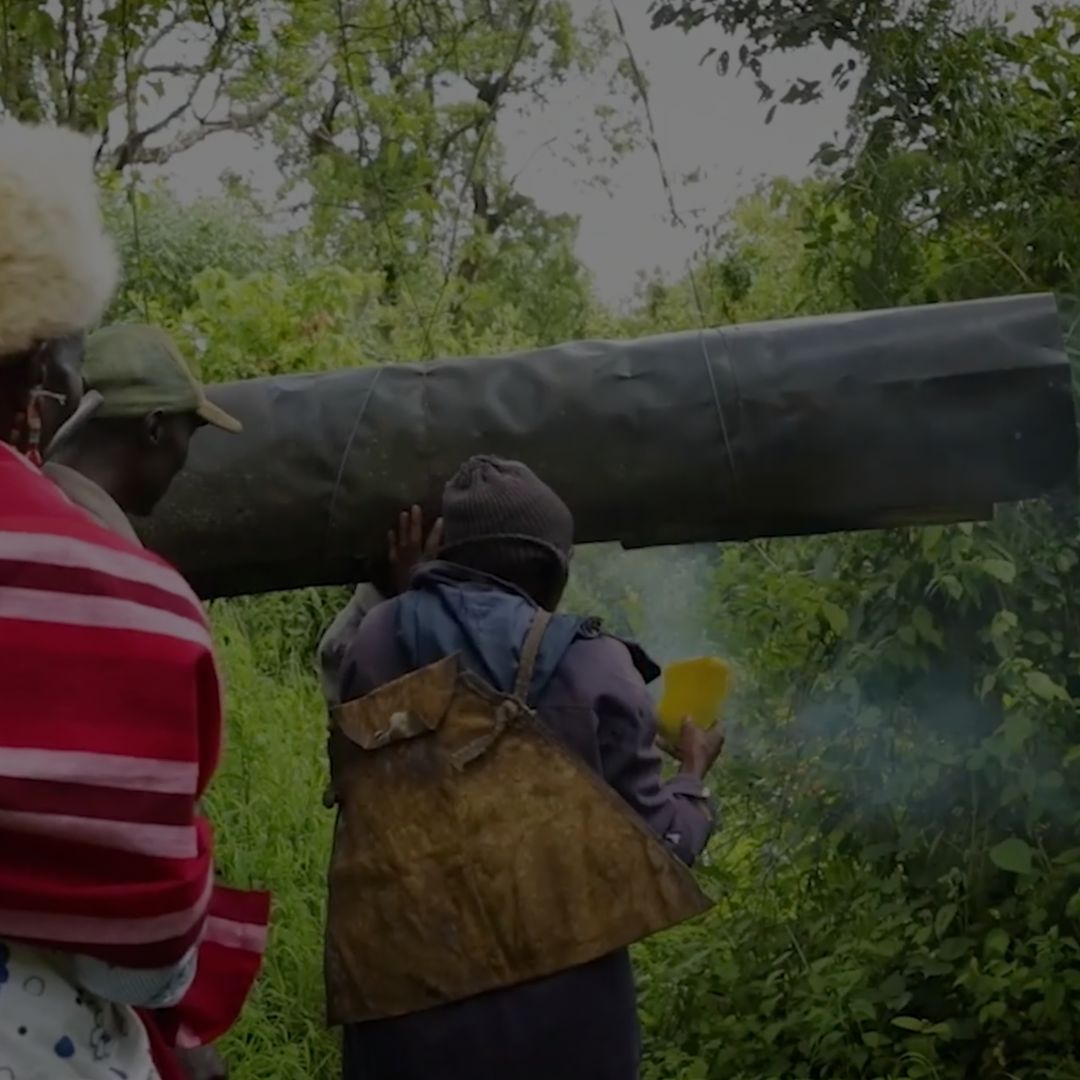Kenya Nakuru County Stakeholder Engagement Workshop
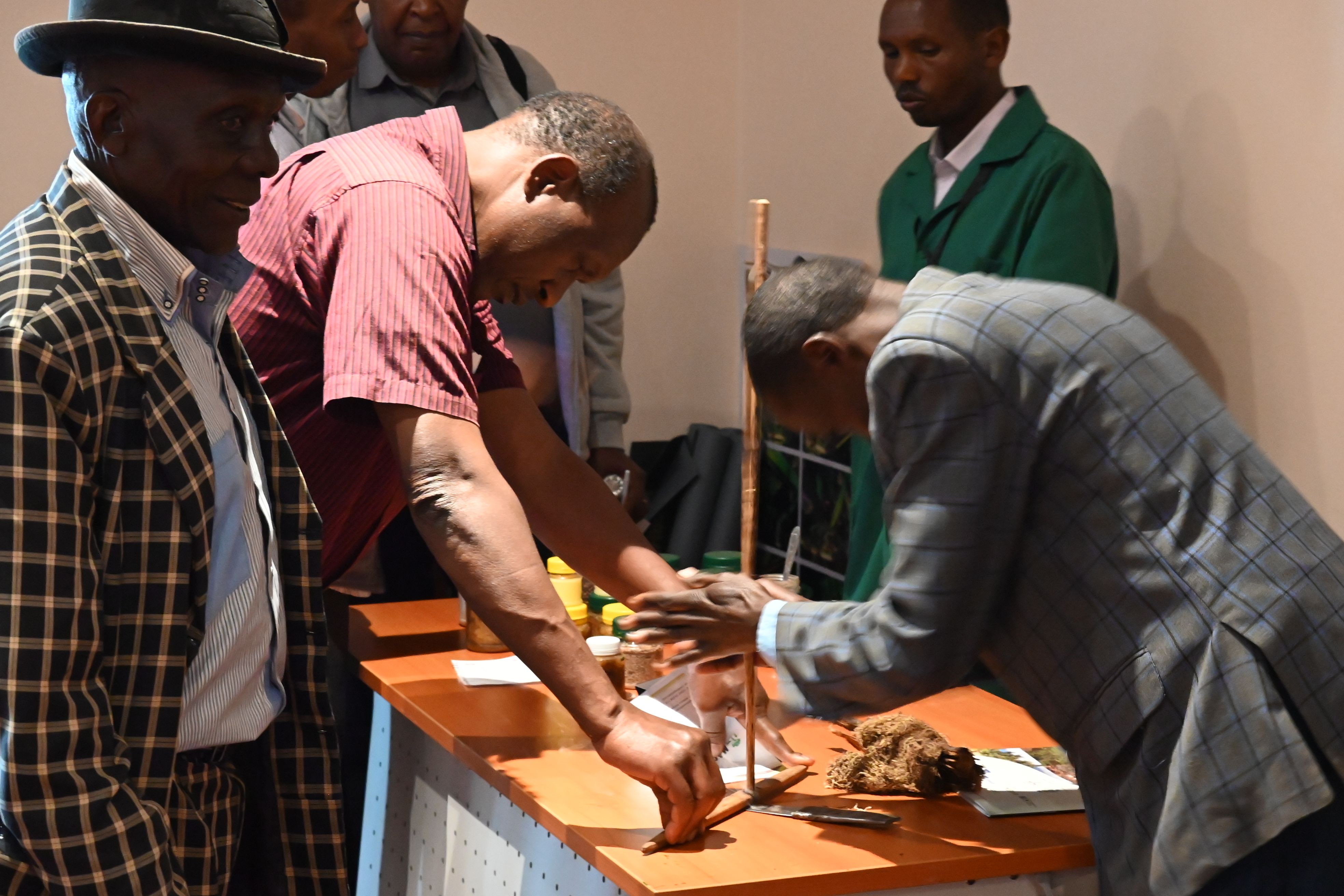
On 11–12 September 2024, the Kenya Nakuru County Stakeholder Engagement Workshop brought together over 65 participants from science, policy and practice communities. The two-day event aimed to disseminate the achievements of the BES Solution Fund project in Nakuru County and further promote the uptake of the Intergovernmental Science-Policy Platform on Biodiversity and Ecosystem Services' (IPBES) Assessment Report on Pollinators, Pollination and Food Production and the Assessment Report on Land Degradation and Restoration. The workshop also highlighted the BES Solution Fund's contribution to national biodiversity goals and fostered cross-sectoral collaboration among stakeholders.
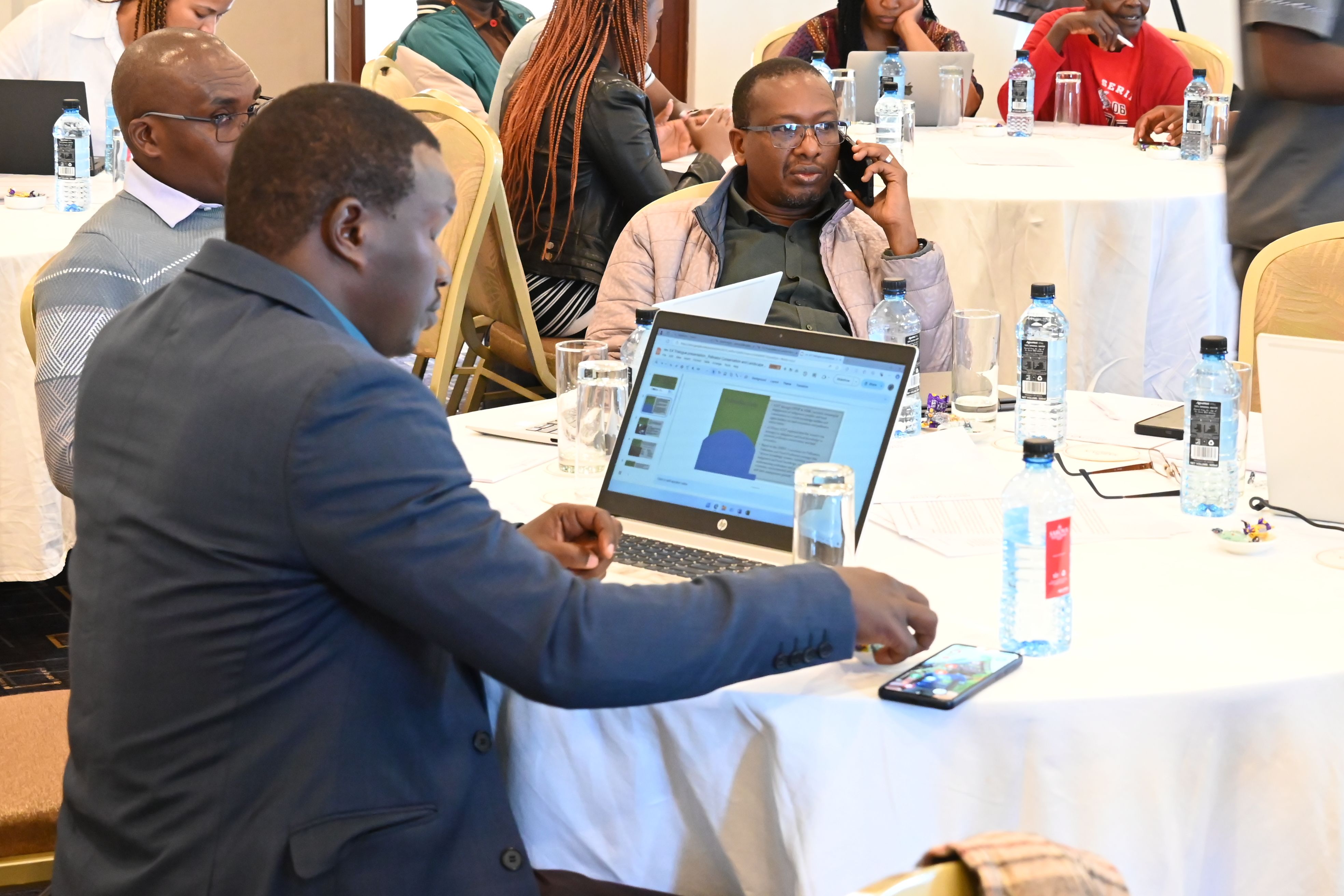
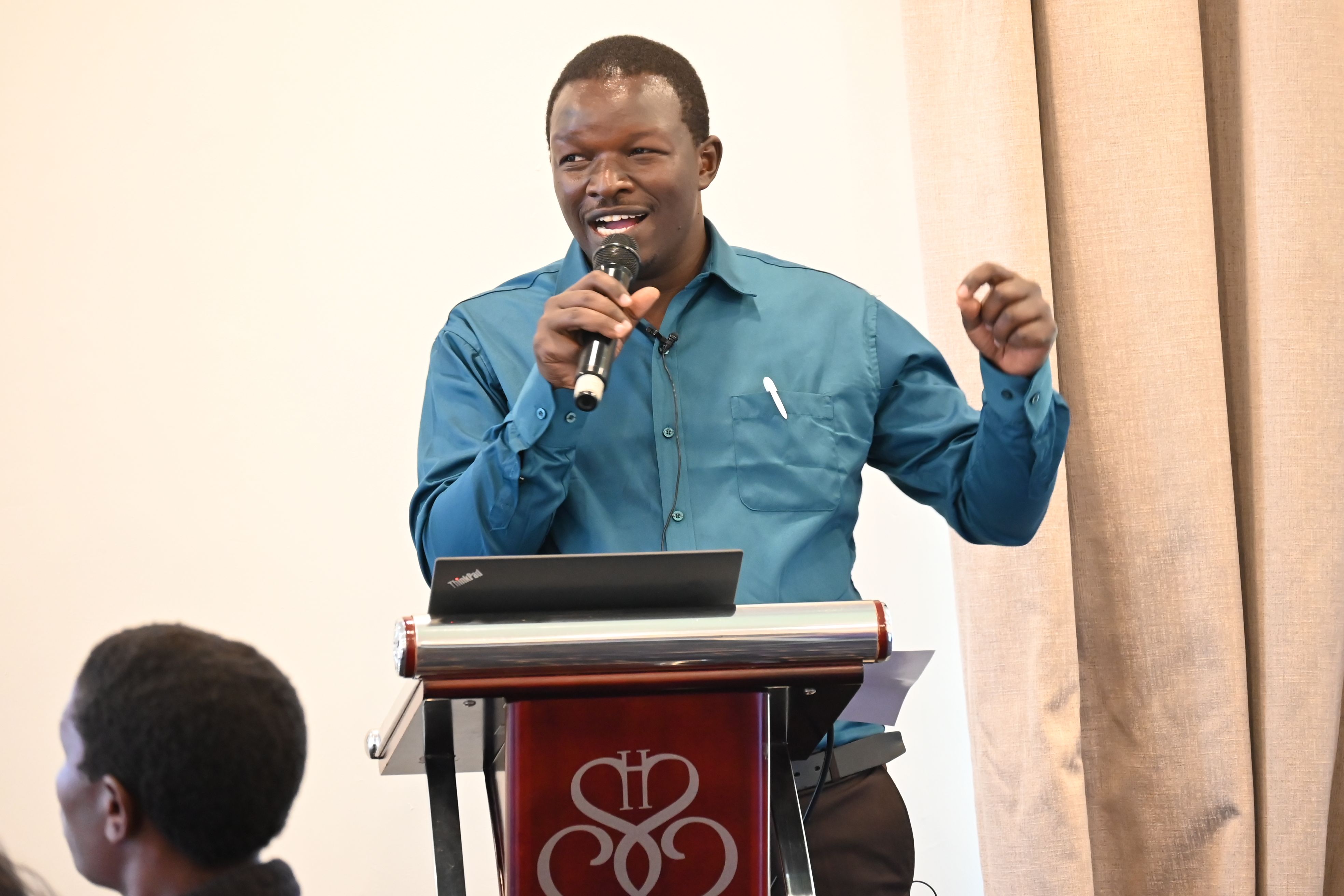
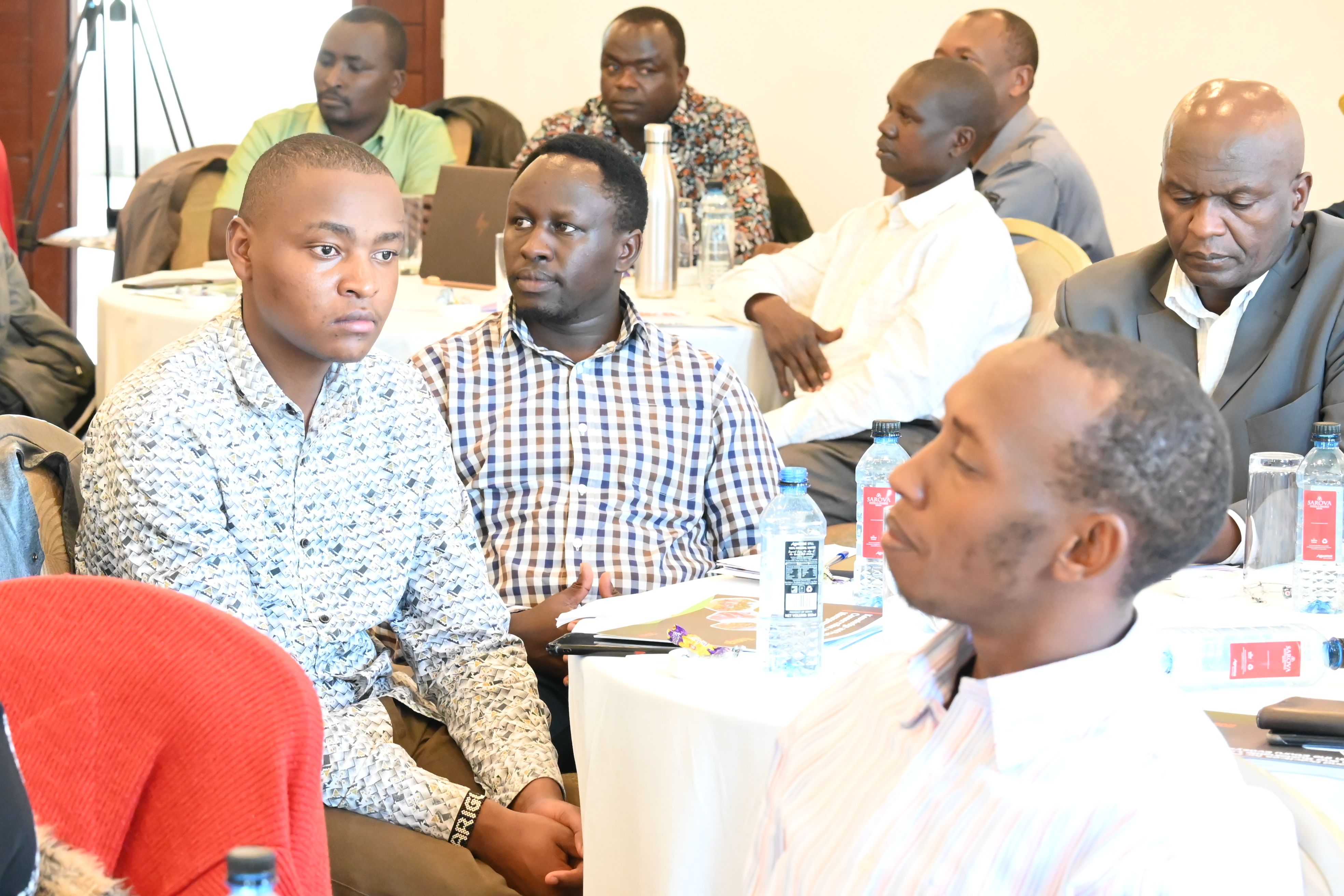
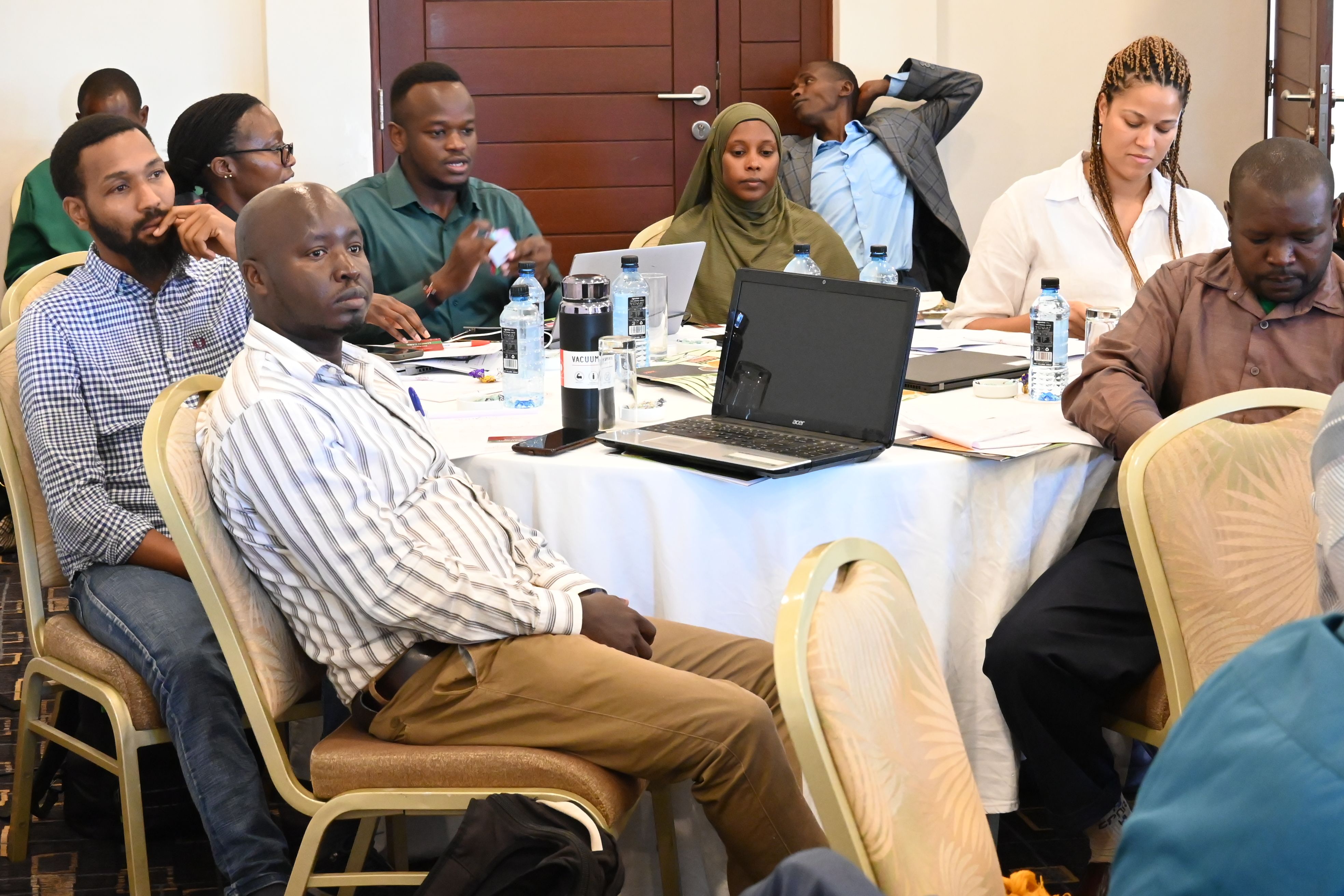
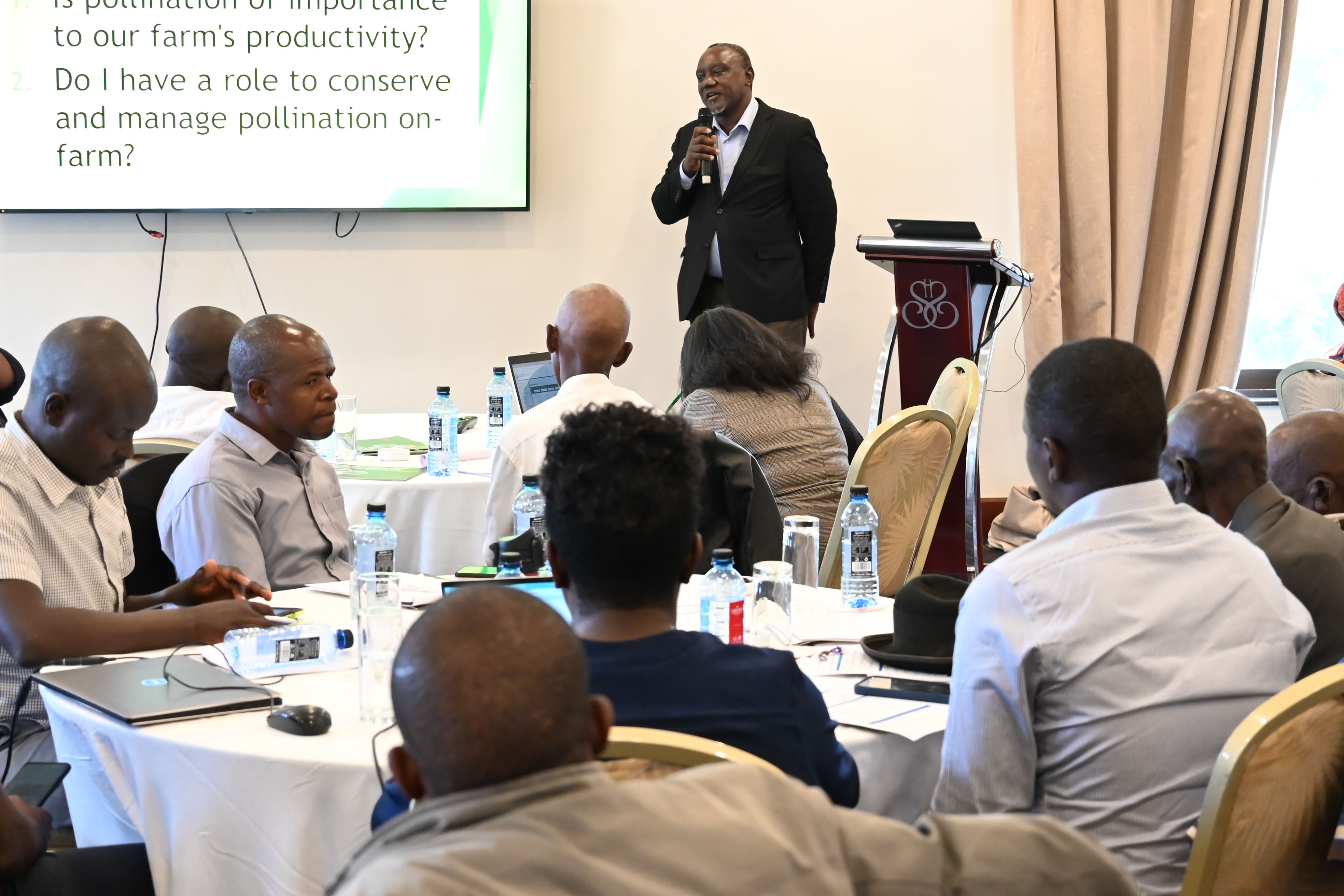
The workshop highlighted the importance of improving pollinator management in Nakuru County, particularly in the Eburu ecosystem, where several interventions have been carried out. Pollinator species in the region were documented, and the creation of a floral calendar demonstrated which plant species1 attract pollinators,2 offering farmers practical guidance on improving their yields through better land management.
1. Crops grown in Eburu that benefit from various pollinators
2. Bee plants, pollinators visiting and plants that benefit
The workshop highlighted the importance of improving pollinator management in Nakuru County, particularly in the Eburu ecosystem, where several interventions have been carried out. Pollinator species in the region were documented, and the creation of a floral calendar demonstrated which plant species1 attract pollinators,2 offering farmers practical guidance on improving their yields through better land management.
1. Crops grown in Eburu that benefit from various pollinators
2. Bee plants, pollinators visiting and plants that benefit
An exhibition after the workshop gave participants the opportunity to see the impact of pollinator management firsthand. Displays included species identified in Eburu, stingless bee hives and designs for pollinator gardens established in local schools. The participants also had a chance to explore farm products such as pumpkins and canola – which have benefitted from enhanced pollinator management – and bee products like honey and wax, illustrating the economic value of pollinators beyond their role in pollination.
They were also introduced to the results of experiments engaging farmers, showcasing how pollinators can enhance crop production and restore degraded land. A mapping of land degradation hotspots was presented, providing valuable data to guide future interventions.
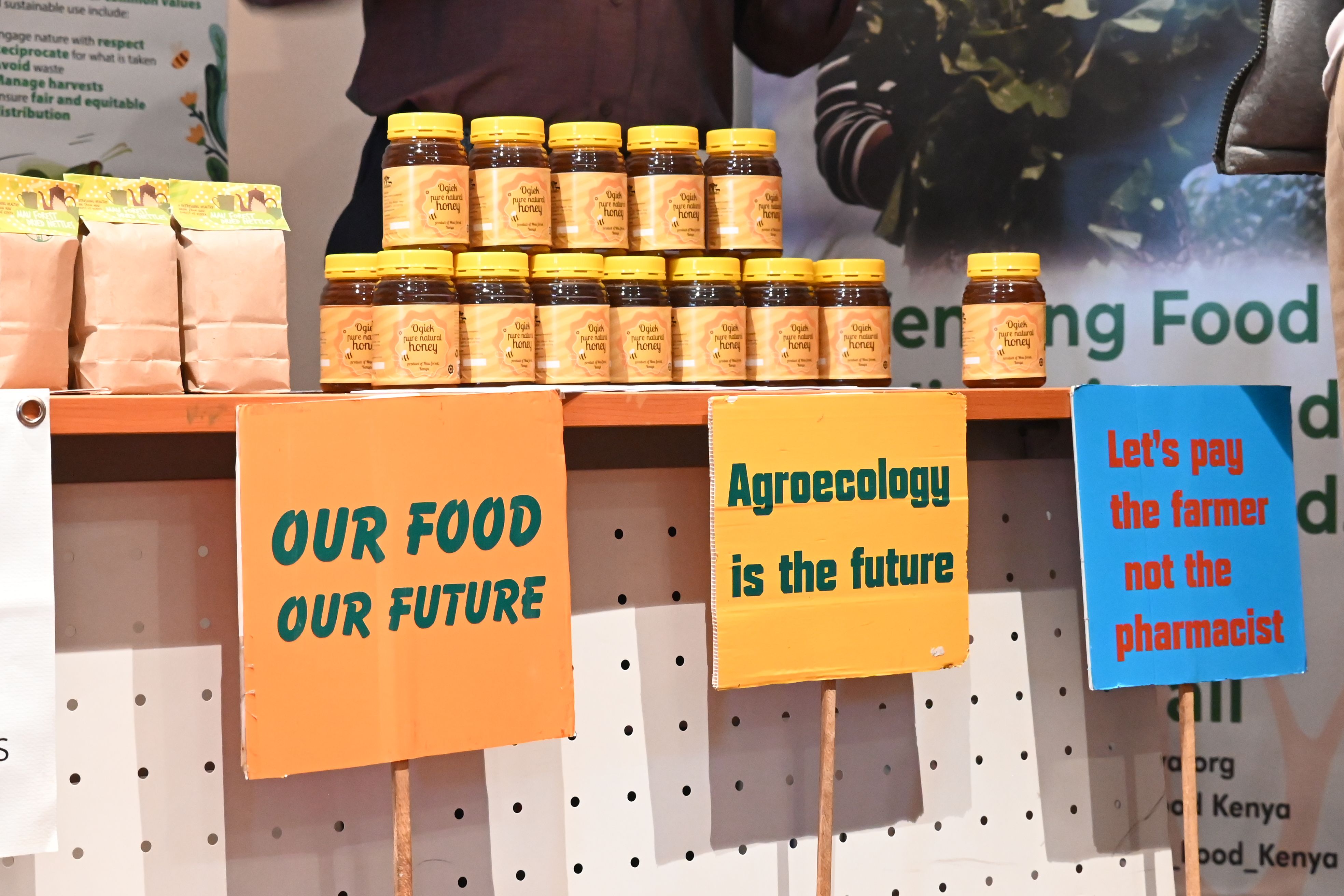
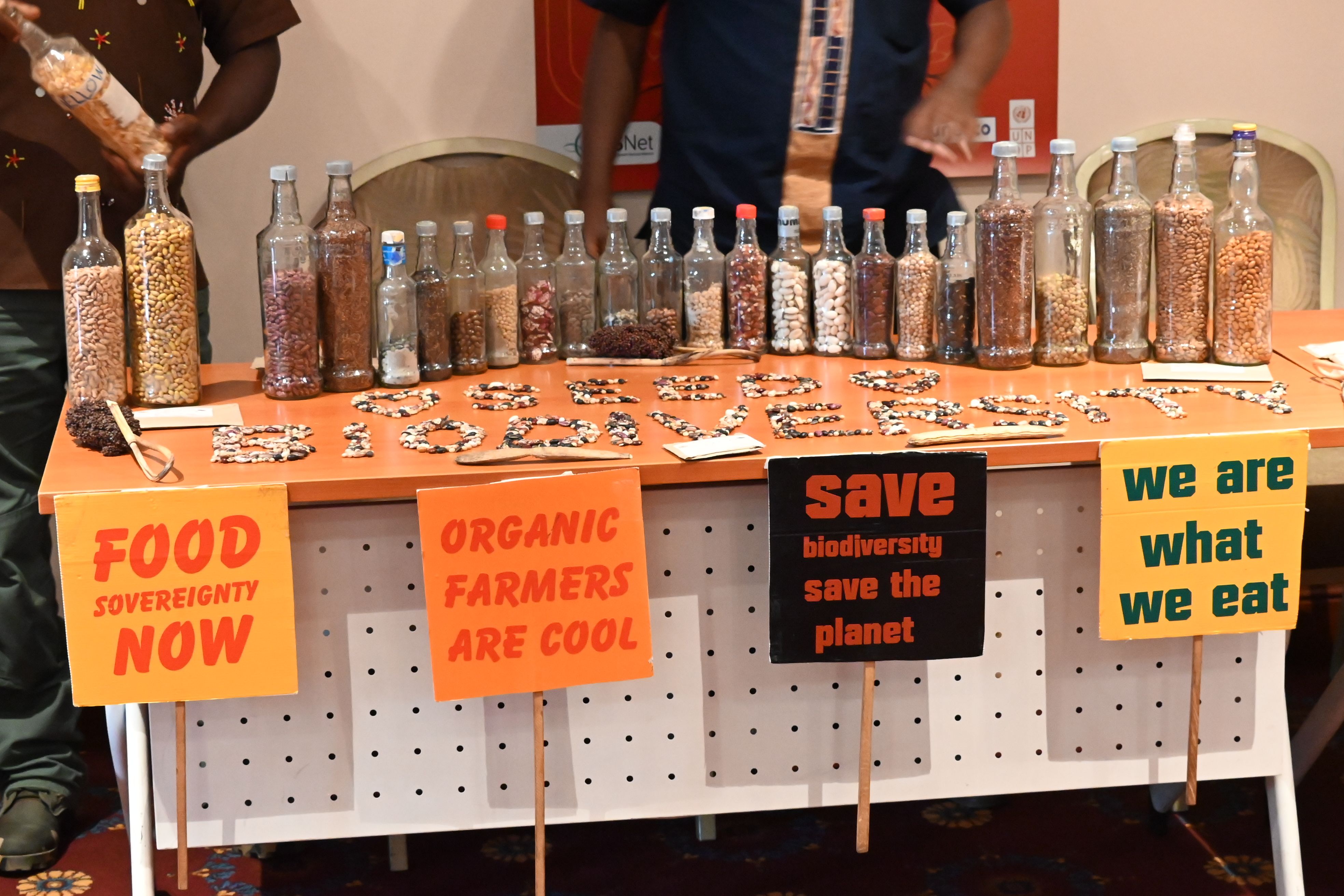
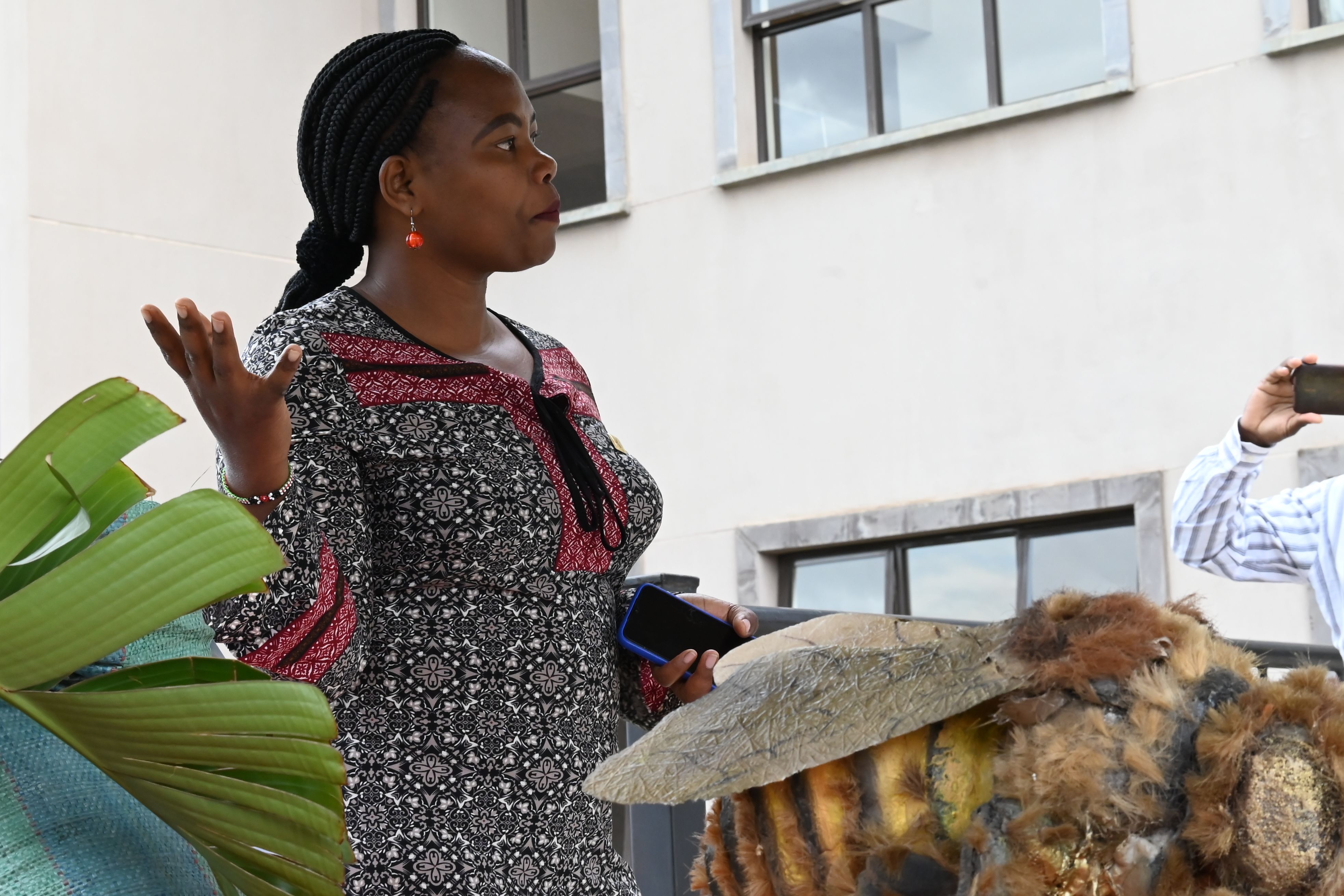
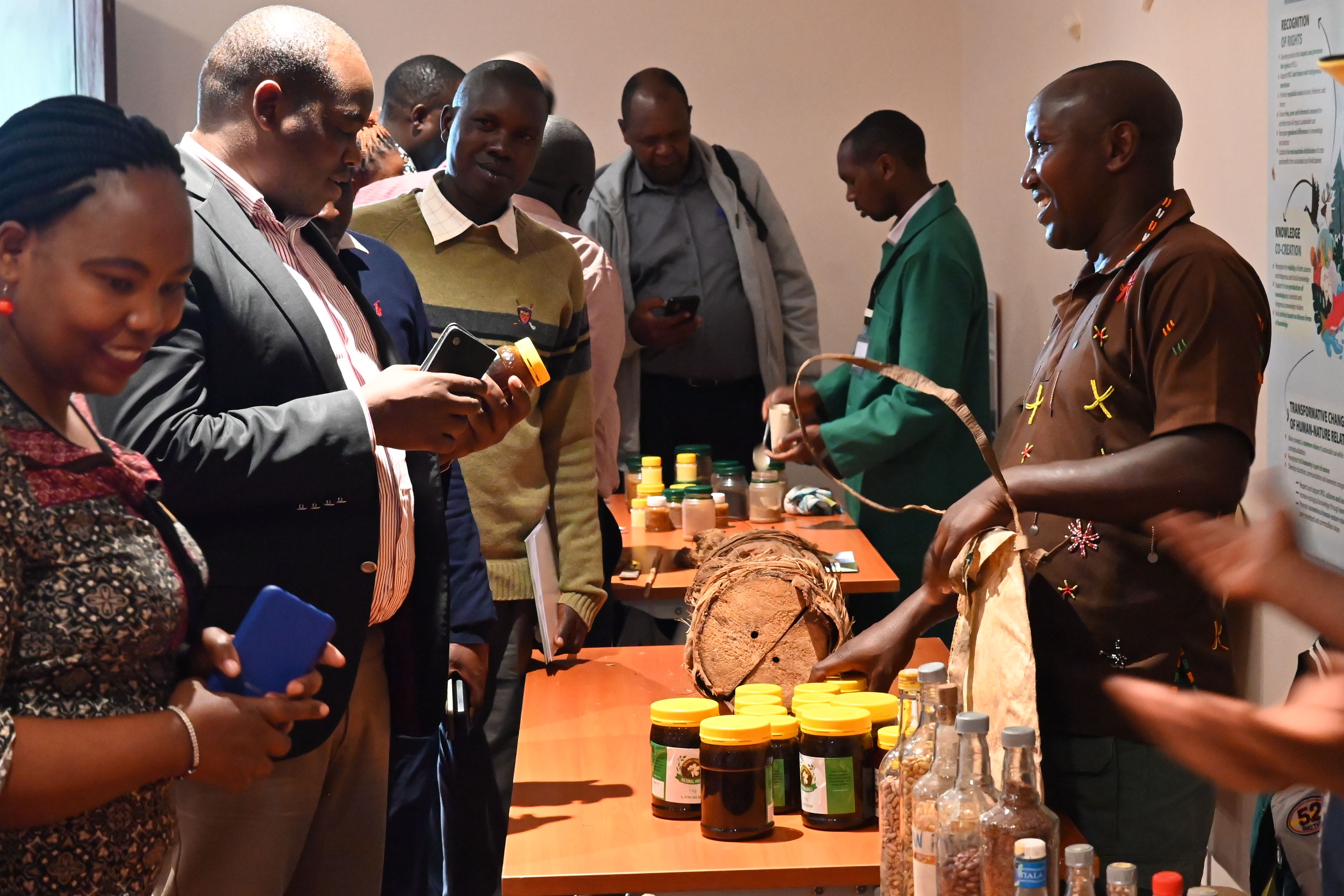

On 12 September, the participants visited key project sites in the Eburu ecosystem. They toured schools where pollinator gardens were established and students are actively involved in maintaining these precious spaces. The visit continued to a farm where improved pollinator practices have led to tangible benefits, demonstrating how the workshop’s lessons could be applied in real-world scenarios.
On 12 September, the participants visited key project sites in the Eburu ecosystem. They toured schools where pollinator gardens were established and students are actively involved in maintaining these precious spaces. The visit continued to a farm where improved pollinator practices have led to tangible benefits, demonstrating how the workshop’s lessons could be applied in real-world scenarios.
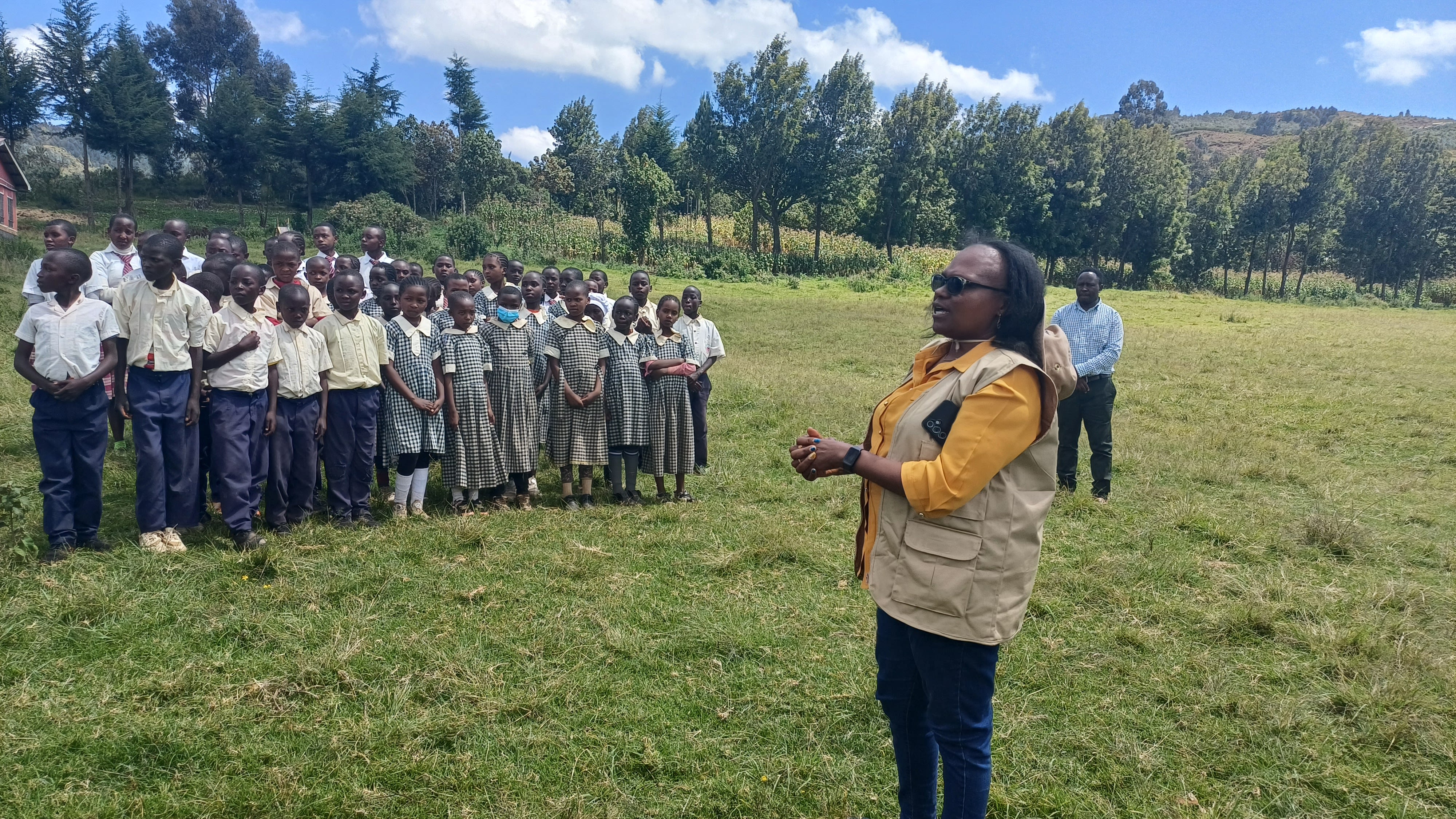
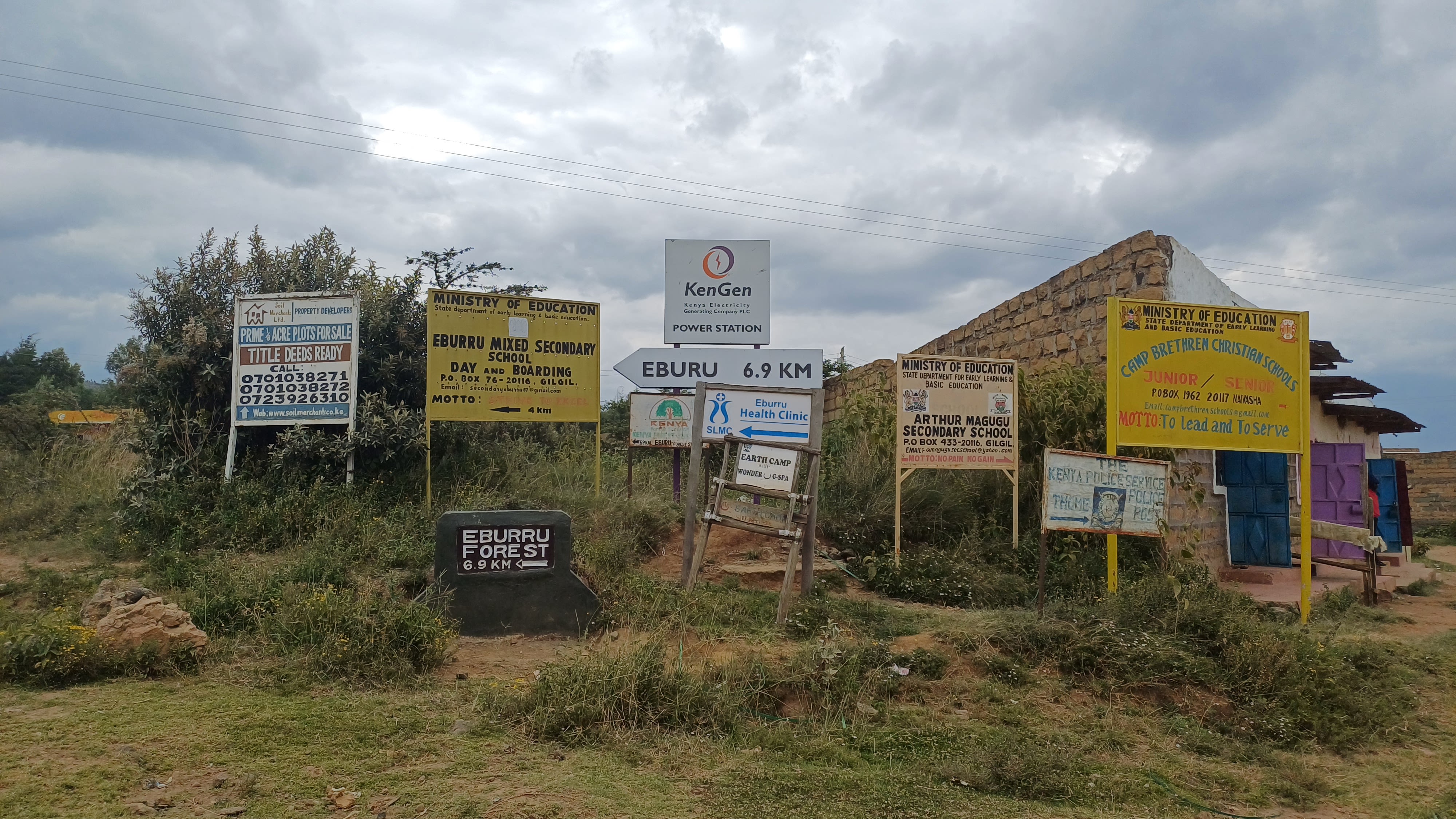
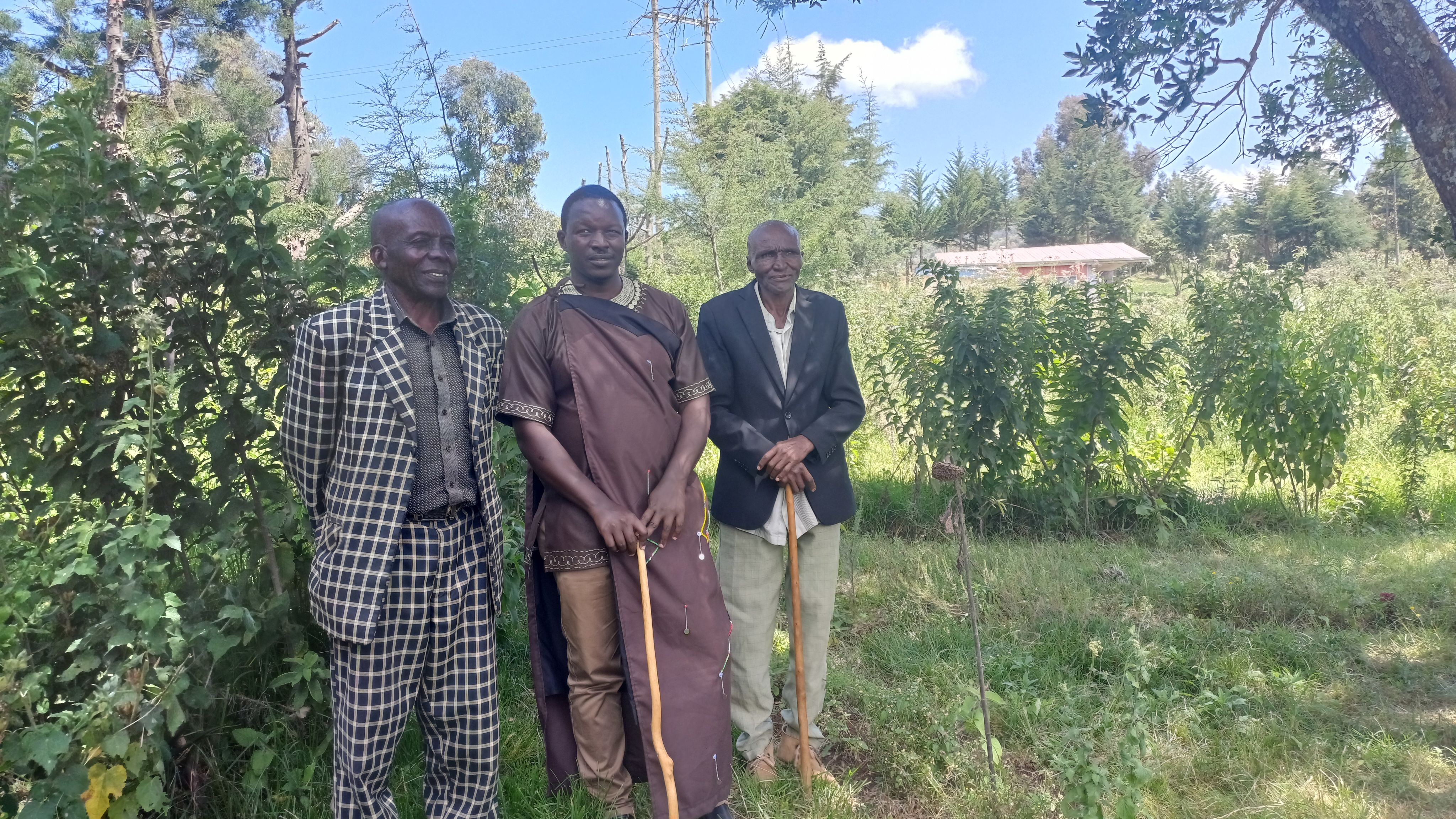
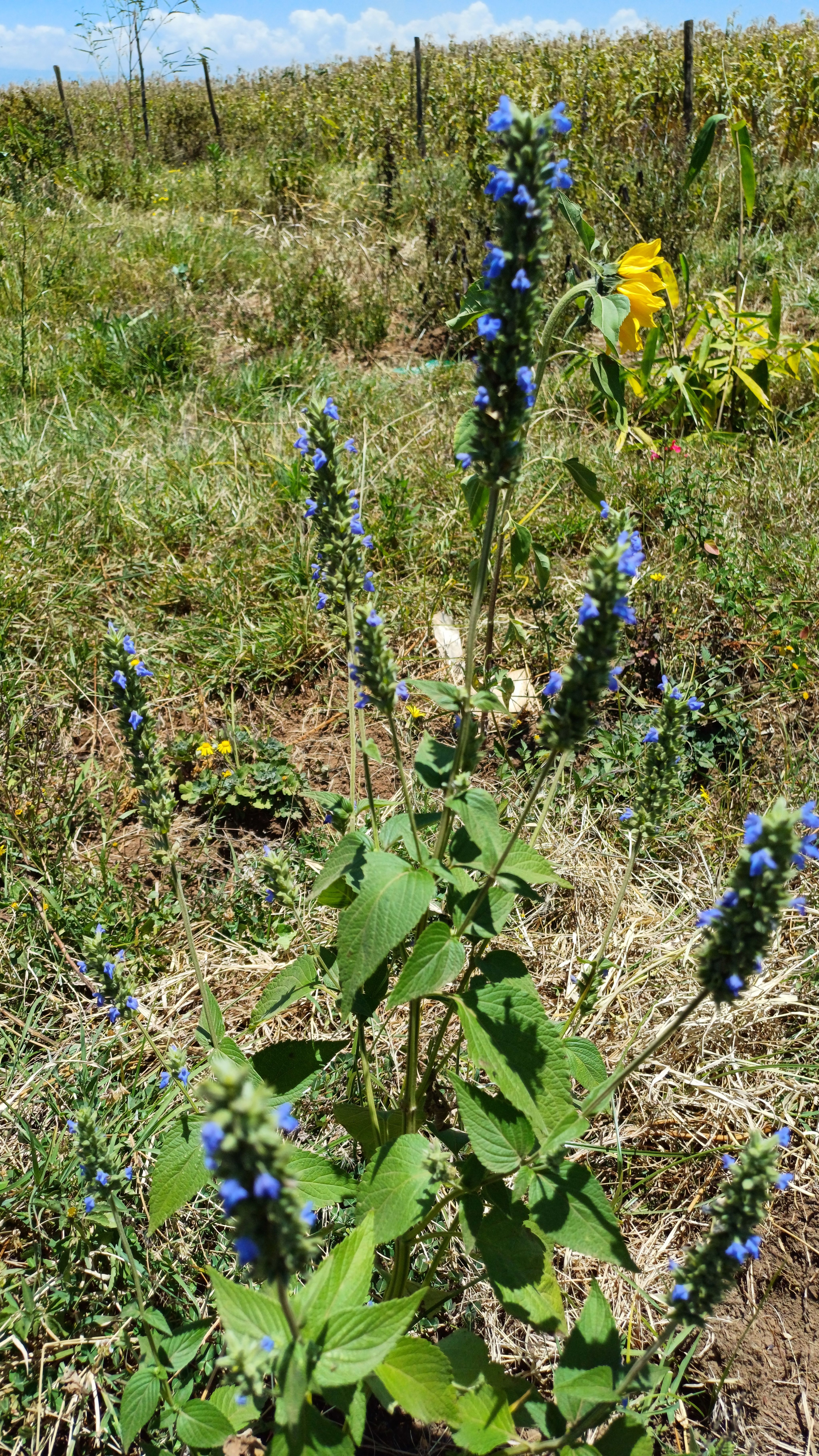
The workshop concluded with remarks from the County Director for Agriculture, Charles Githire, who acknowledged the contributions of the BES-Net interventions to Nakuru County's sustainable land management goals. He noted that the county is in the process of formulating an agroecology policy to promote sustainable land management for food security.
The County Executive Member, Leonard Bor, also attended the workshop, reinforcing the county’s commitment to these initiatives.
As the workshop came to a close, anticipation grew for the upcoming national Trialogue, where the lessons from Nakuru County will be shared with a broader group of stakeholders. This event will also explore how BES-Net can further contribute to the IPBES 11 Plenary in December 2024, continuing to drive forward the agenda of biodiversity and sustainability.
The workshop concluded with remarks from the County Director for Agriculture, Charles Githire, who acknowledged the contributions of the BES-Net interventions to Nakuru County's sustainable land management goals. He noted that the county is in the process of formulating an agroecology policy to promote sustainable land management for food security.
The County Executive Member, Leonard Bor, also attended the workshop, reinforcing the county’s commitment to these initiatives.
As the workshop came to a close, anticipation grew for the upcoming national Trialogue, where the lessons from Nakuru County will be shared with a broader group of stakeholders. This event will also explore how BES-Net can further contribute to the IPBES 11 Plenary in December 2024, continuing to drive forward the agenda of biodiversity and sustainability.



